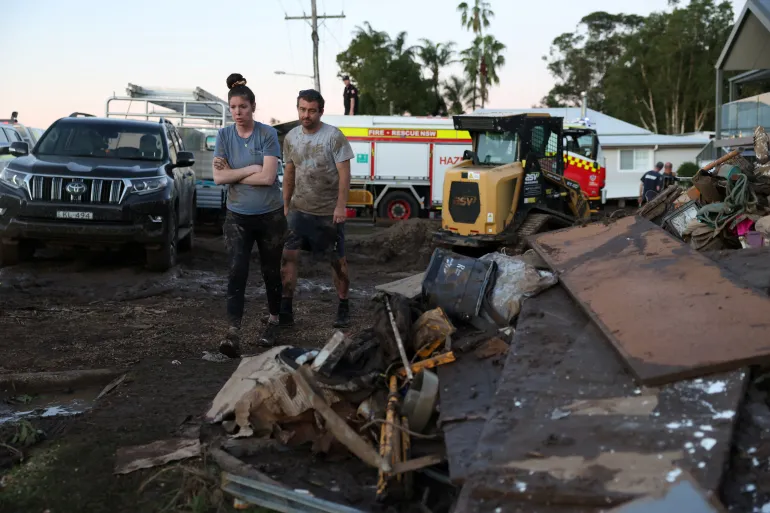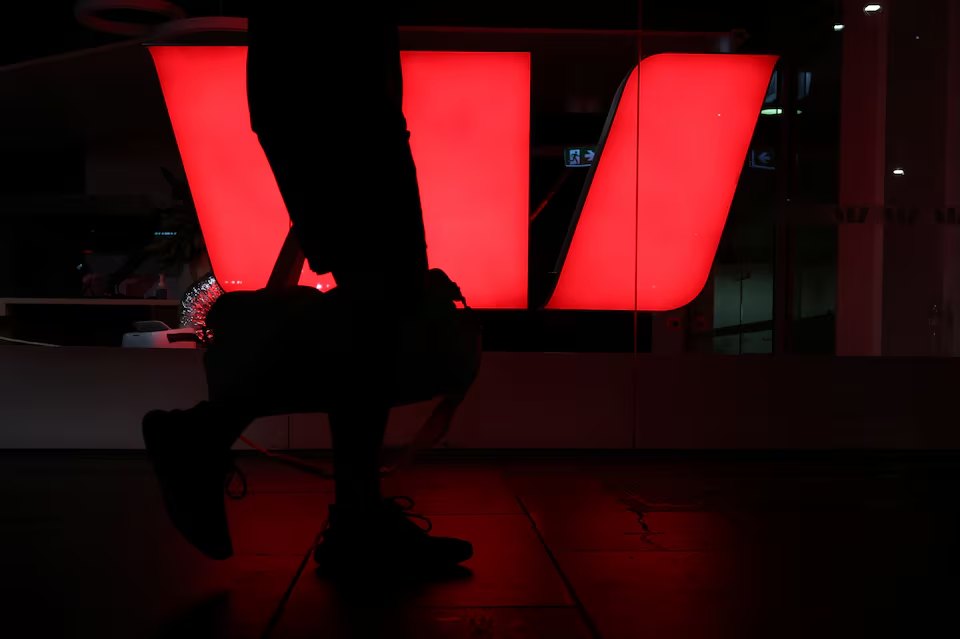Former U.S. President Donald Trump said on Saturday that American negotiators had a “good weekend of talks” with Iranian counterparts, signaling cautious optimism about the possibility of progress on nuclear and regional security discussions amid rising tensions.
Speaking at a campaign event in Florida, Trump—who is seeking a return to the White House in 2024—did not provide details but said his team had engaged in “constructive dialogue” with Iranian representatives over the weekend. “We had a good weekend. There’s movement. We’ll see what happens,” he told supporters.
The comments mark a notable shift in tone after months of escalatory rhetoric and sharp criticism of the Biden administration’s diplomatic efforts with Tehran. Trump did not clarify whether the discussions were conducted directly or via intermediaries, but sources familiar with the matter told Reuters that backchannel talks had resumed in Oman, involving U.S. and Iranian negotiators, with European officials also present as observers.
The discussions reportedly covered key issues such as Iran’s uranium enrichment program, the release of American detainees, and regional de-escalation in the Gulf and Iraq. According to diplomatic sources, while no breakthrough has been achieved, both sides agreed to “keep the channels open” and hold further technical-level meetings in the coming weeks.
Tensions between Washington and Tehran have remained high, especially after the collapse of efforts to revive the 2015 Joint Comprehensive Plan of Action (JCPOA). The Trump administration had withdrawn from the deal in 2018, triggering a spiral of sanctions and retaliatory nuclear activity by Iran.
Trump’s remarks have sparked speculation about whether he may be reconsidering his approach to Iran, especially as foreign policy becomes a growing issue on the campaign trail. Some analysts believe that if Trump returns to power, he may seek a new, tougher agreement rather than a full return to the JCPOA.
“I won’t accept a bad deal,” Trump said during the rally. “But I believe peace through strength works, and we’ll see what kind of leadership Iran wants.”
The Iranian government has yet to officially respond to Trump’s comments, but Iranian media have acknowledged that indirect talks are ongoing, focusing on reducing the risk of military confrontation and reopening the door to phased sanctions relief in exchange for nuclear curbs.
Critics of renewed talks caution that deep mistrust remains on both sides. Iranian hardliners continue to oppose concessions to Washington, while many U.S. lawmakers—particularly Republicans—remain skeptical of any deal that does not completely dismantle Iran’s nuclear infrastructure.
Still, international observers have welcomed signs of engagement. A spokesperson for the European Union’s foreign policy office said the bloc supports any dialogue that helps avoid escalation and brings parties back to the negotiating table.
With the Middle East on edge following recent U.S.-Iran tensions in Syria, Iraq, and the Red Sea, any diplomatic thaw, however limited, could play a crucial role in stabilizing the region.
As Trump hints at renewed diplomacy while positioning himself for a potential second term, the future of U.S.-Iran relations once again hangs in the balance—caught between political ambition, regional turmoil, and the ever-present shadow of nuclear conflict.
Source: Reuters



